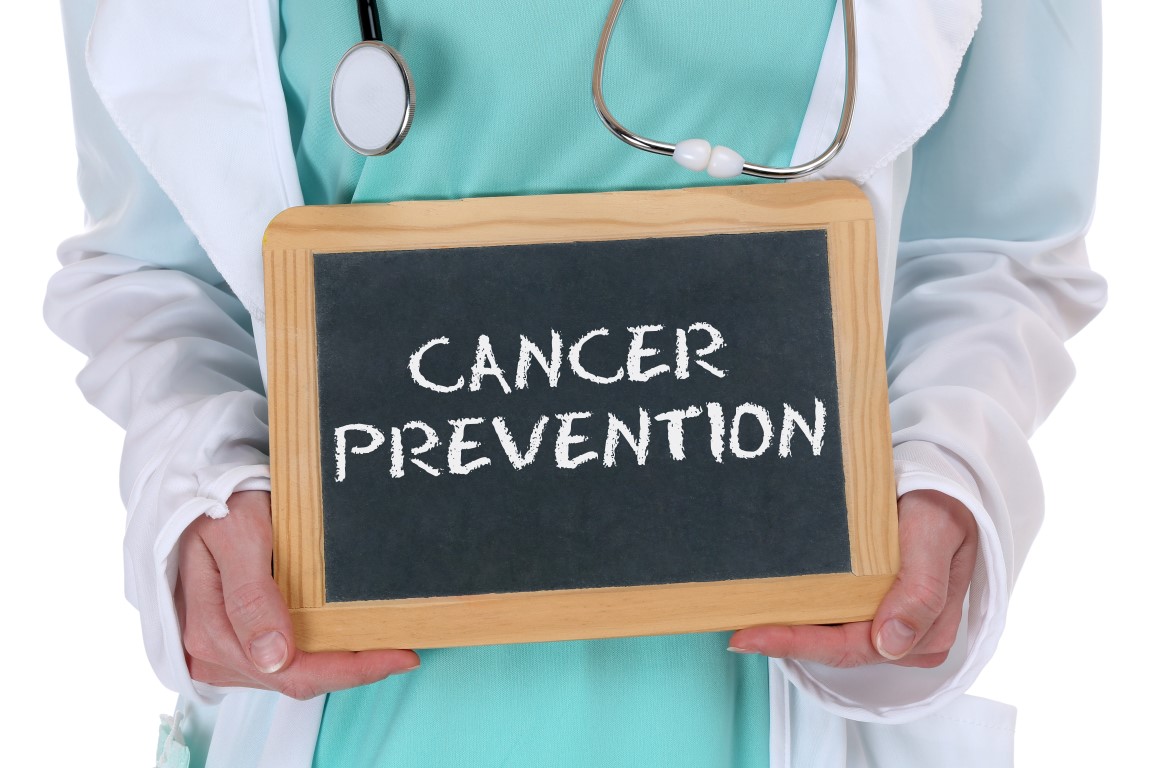 Across the world, cancer rates are rising, and South Africa is certainly no exception. In fact, stats show that at least 25% of South Africans will either be diagnosed with cancer, or will have to witness a loved one battling the disease.
Across the world, cancer rates are rising, and South Africa is certainly no exception. In fact, stats show that at least 25% of South Africans will either be diagnosed with cancer, or will have to witness a loved one battling the disease.
Though the rising numbers are partly a function of our longer lifespans, there are many aspects of our modern lifestyles that culminate in increased cancer risk: from elevated stress, poor diets, pollution, increasing obesity, smoking, alcohol, exposure to UV rays and industrial materials.
And while there is no way we can fully protect ourselves against cancer, there are several actions we can take, to reduce our chances of being diagnosed.
According to Harvard Health Publishing*, citing the American Cancer Society, obesity and smoking are the root cause of almost two-thirds of all cancer deaths worldwide. It’s for this reason that the first three actions are the ‘biggies’.
-
Ensure you have a healthy diet
In the frenetic pace of today’s world, we’re eating more processed food, junk food and foods saturated with preservatives… and we’re eating them more quickly to fit into our busy days. All of this elevates our cancer risk. It’s time to abandon the processed food – particularly things like processed meats (bacon, viennas, biltong etc). Instead, we should favour of a diet rich in fruit, vegetables wholegrain starches, lean white meats, and other sources of natural protein.
-
Get enough exercise
Our bodies were designed to move… the broad benefits of regular exercise are widely-known, and it certainly helps to reduce cancer risks as well. Maintaining a good bodyweight becomes a vital weapon in the fight against cancer. In fact, obesity has been clearly linked to several cancers (alongside other health concerns of course).
-
Don’t smoke
Smoking remains the biggest preventable cause of cancer. The poisons, chemicals and tar found in cigarettes have clear correlations to the development of cancer. And it’s not just lung cancer: smoking has been linked to various other cancers including the mouth, larynx, throat, esophagus, kidney, cervix, liver, bladder, pancreas, stomach, colon/rectum and to myeloid leukemia.
-
Reduce stress
While this may be a tough one for researchers to confirm, many medical experts point to the increased levels of stress that people are suffering, as a key contributor of various health problems (including cancers). By finding ways to de-stress, we’re able to achieve better emotional and physical balance, and improve our defences against cancer.
-
Go for regular screenings
For many types of cancer, regular screenings can help us to detect any early-stage presences of the disease – giving us a far better chance of beating it.
-
Get vaccinations
For women, cervical cancer is the second most prevalent form of the disease. It’s most-commonly caused by the Human Papilloma Virus (HPV)… so, getting the HPV vaccine will significantly lower a woman’s risk of receiving cervical cancer.
-
Wear sunscreen
For people of almost all skin types, wearing sunscreen and staying out of the midday heat in summer is crucial – helping to reduce the chances of skin cancers.
-
Avoid risky behaviours
Practising safe sex, for instance, helps to avoid certain infections that can elevate your risk of cancer.
-
Take vitamin D supplements
Taking vitamin D supplements could well lower the risks of prostate and colon cancer. This is according to an international group of researchers from organisations including the American Cancer Society – which found that higher levels of vitamin D in the blood is associated with a lower risk for getting colorectal cancer.
*https://www.health.harvard.edu/newsletter_article/The-10-commandments-of-cancer-prevention
